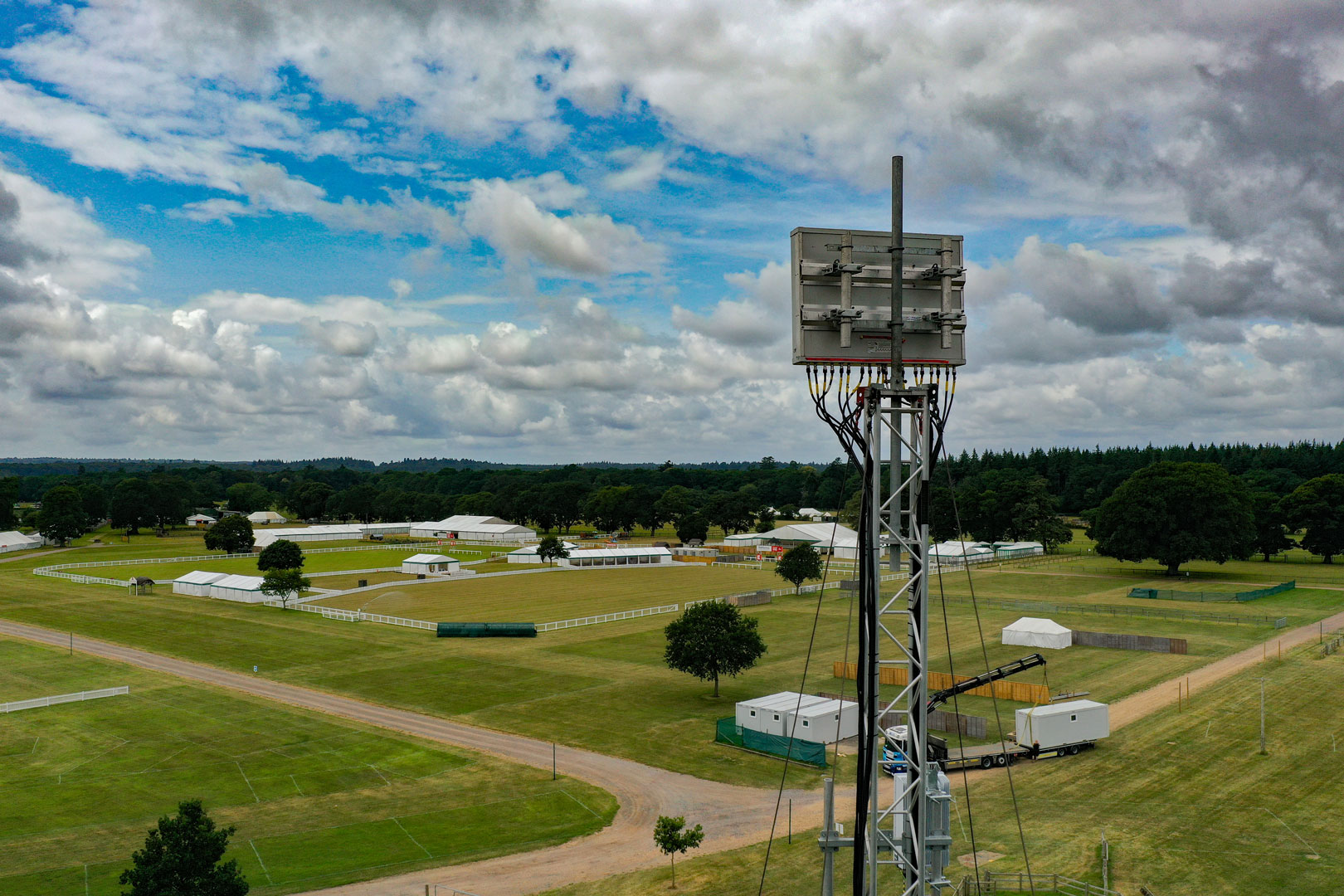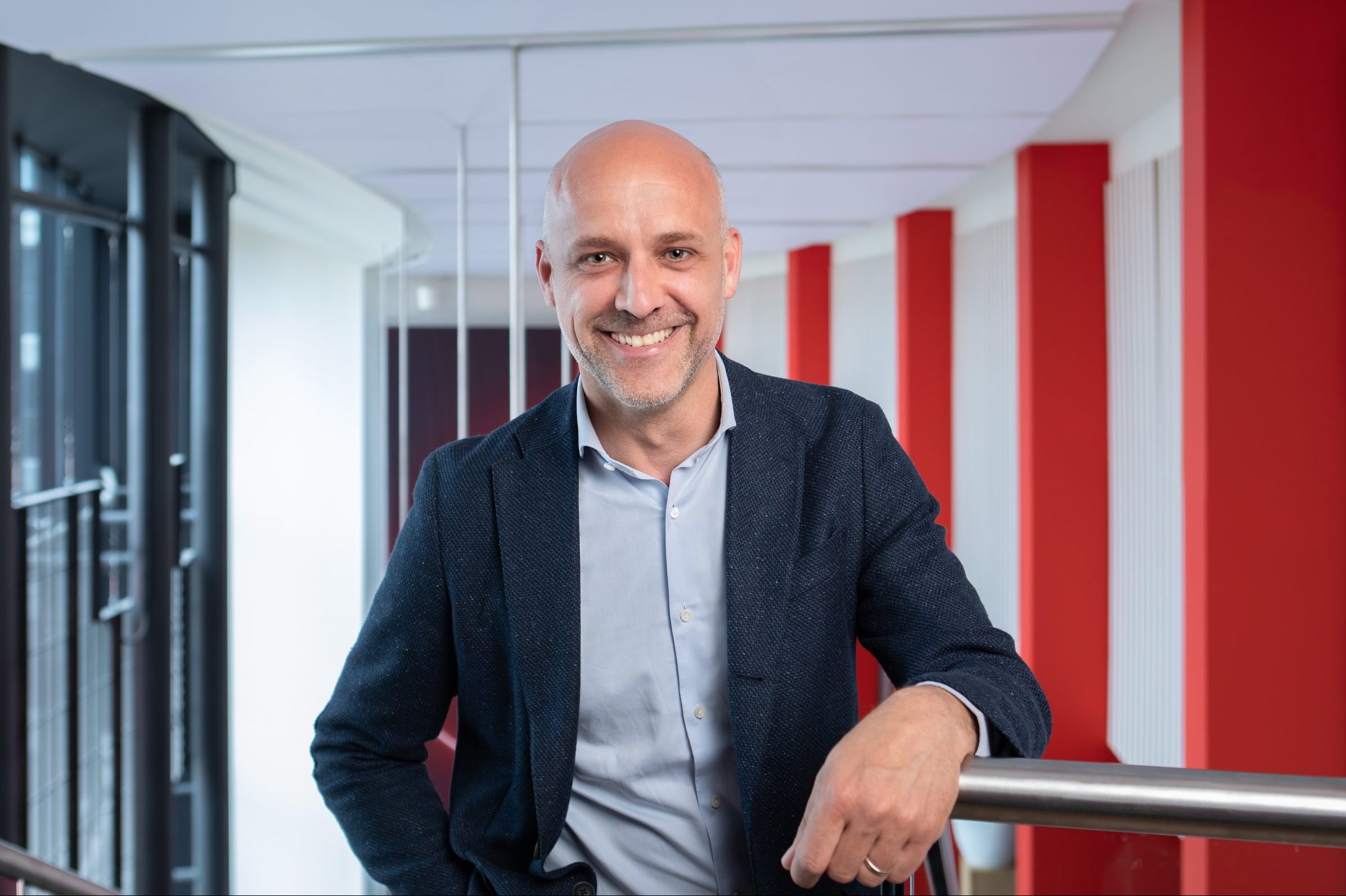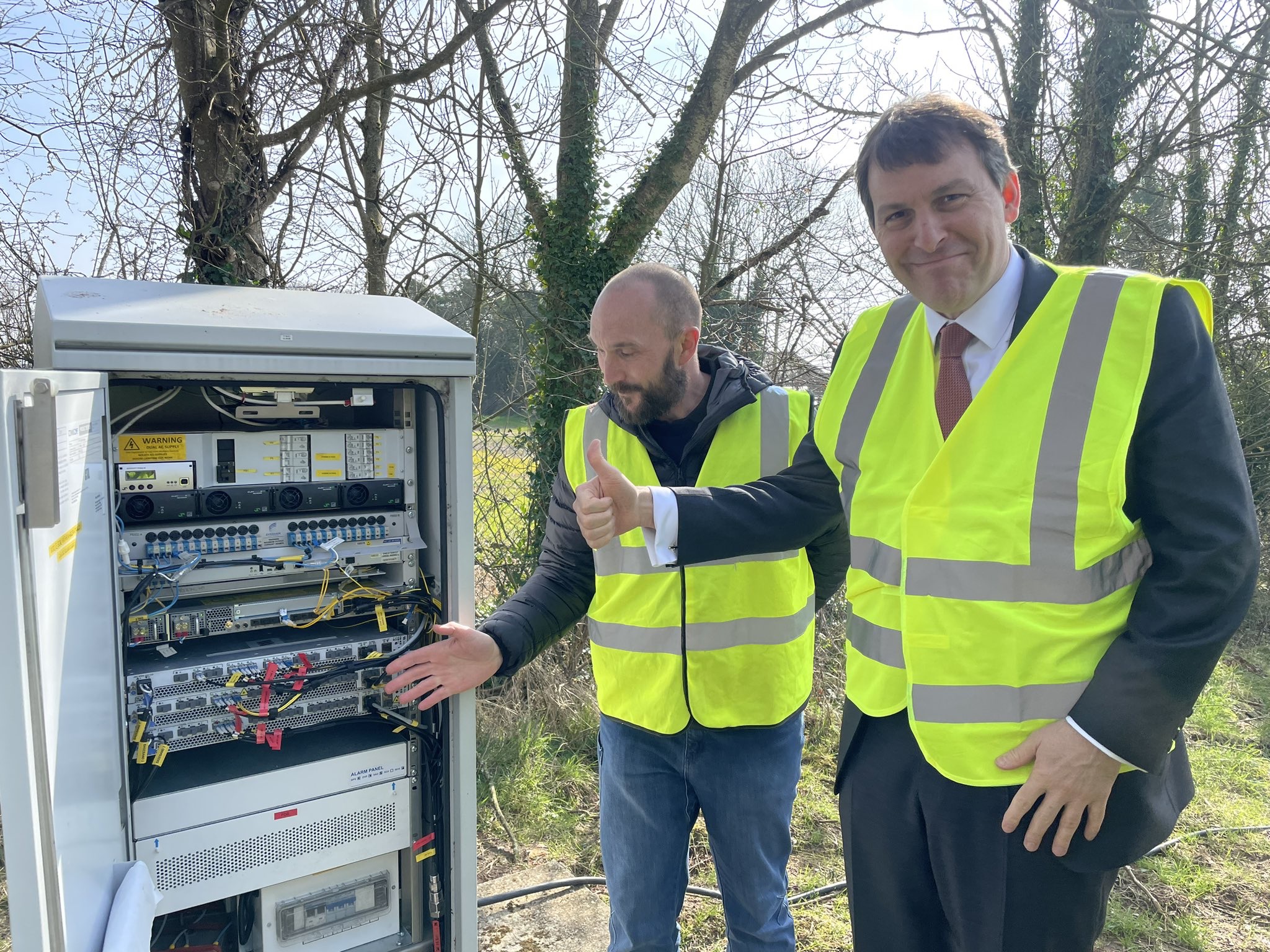Vodafone UK’s Chief Technology Officer Scott Petty joined a Telecom TV panel recently, along with other senior mobile network professionals, to discuss what impact COVID-19 has had on the telecoms industry, and how working practices could change in future.
Eight weeks ago, Boris Johnson announced the UK lockdown in response to the coronavirus pandemic. The UK Prime Minister’s announcement caused mass disruption to how businesses could operate, with the vast majority closing their offices, and a huge number of people needing to work from home.
Guy Daniel, Director of Content at TelecomTV and host of the panel asked Scott how Vodafone UK had been coping with new ways of working.
“Really well,” said Scott. “We actually started to work from home a couple of weeks before the lockdown in the UK.
“We were able to hear from some of the other countries around the world, particularly Italy and Spain, about the impacts that they were seeing through COVID-19, so we took some early steps to move people to home.”
In fact, Vodafone UK was able to become a ‘working from home’ company within weeks. And now about 96% of Vodafone’s workforce is now working from home, Scott said, with just a few key security services still coming in to the office.
“We’ve shut all our contact centres and repurposed retail agents as care and webchat agents,” Scott said.
Quick to adapt
The discussion focused on how telecoms networks had coped over the last couple of months. All interviewees agreed that they’d had to adapt quickly to the new situation, whether deploying laptops to staff or attaining software licences for collaboration and video conferencing programs, such as Zoom and Microsoft Teams, to enable business continuity.
Vodafone saw a big upsurge in traffic – voice and data – so how did the company manage to maintain the level of quality customers expect, Guy Daniels asked.
“We saw huge spikes into contact centres,” Scott explained. “We run things like NHS 111 and the Department for Work and Pensions contact centre; there was a huge amount of uplift in voice traffic, it was up 30% for a few days early in lockdown.”
Vodafone had to re-provision the mobile network as as result.
“Right now, the best place to be is in city centres as there’s very few people there, so we have had to push capacity out into suburban areas, and make sure that we have all the capability there, too”.
New ways of working
When the panel was asked what the industry had done well during the lockdown, the consensus was “collaboration”. Companies have had to find new ways of working together remotely and have largely done so successfully, the panellists thought.
At the beginning of lockdown, Scott outlined how Vodafone’s networks would cope during the crisis. Looking to the future, he said it would be “very unlikely we’ll go back to the way things were before.”
Will this pandemic force companies to re-evaluate the need for big office space, or whether it’s sensible to bring large numbers of employees into confined building spaces?
Scott concluded that businesses may want “a much more flexible way of working”, which in turn could create “a whole set of new opportunities across the industry for both business and consumer.”
![View over countryside and ploughed fields[Adobe Stock] stock image of the countryside near Combe, Berkshire](https://www.vodafone.co.uk/newscentre/app/uploads/2024/04/View-over-countryside-and-ploughed-fieldsAdobe-Stock.jpg)
![Falling Dripping Water Drop[Adobe Stock] Falling Dripping Water Drop[Adobe Stock]](https://www.vodafone.co.uk/newscentre/app/uploads/2024/04/Falling-Dripping-Water-DropAdobe-Stock.jpg)

![Dawlish Sunrise [Adobe Stock] resized stock photo of Dawlish in Devon](https://www.vodafone.co.uk/newscentre/app/uploads/2024/04/Dawlish-Sunrise-Adobe-Stock-resized.jpg)




![A playful rabbit wearing a vibrant coat, excitedly holds a phone[Adobe Stock] an AI-generated image of a rabbit using a smartphone while surrounded by Easter eggs](https://www.vodafone.co.uk/newscentre/app/uploads/2024/03/A-playful-rabbit-wearing-a-vibrant-coat-excitedly-holds-a-phoneAdobe-Stock.jpg)
![Statue of Sir Tasker Watkins at the Cardiff millennium stadium[Adobe Stock] stock photo of the Cardiff Principality Stadium](https://www.vodafone.co.uk/newscentre/app/uploads/2024/03/Statue-of-Sir-Tasker-Watkins-at-the-Cardiff-millennium-stadiumAdobe-Stock.jpg)